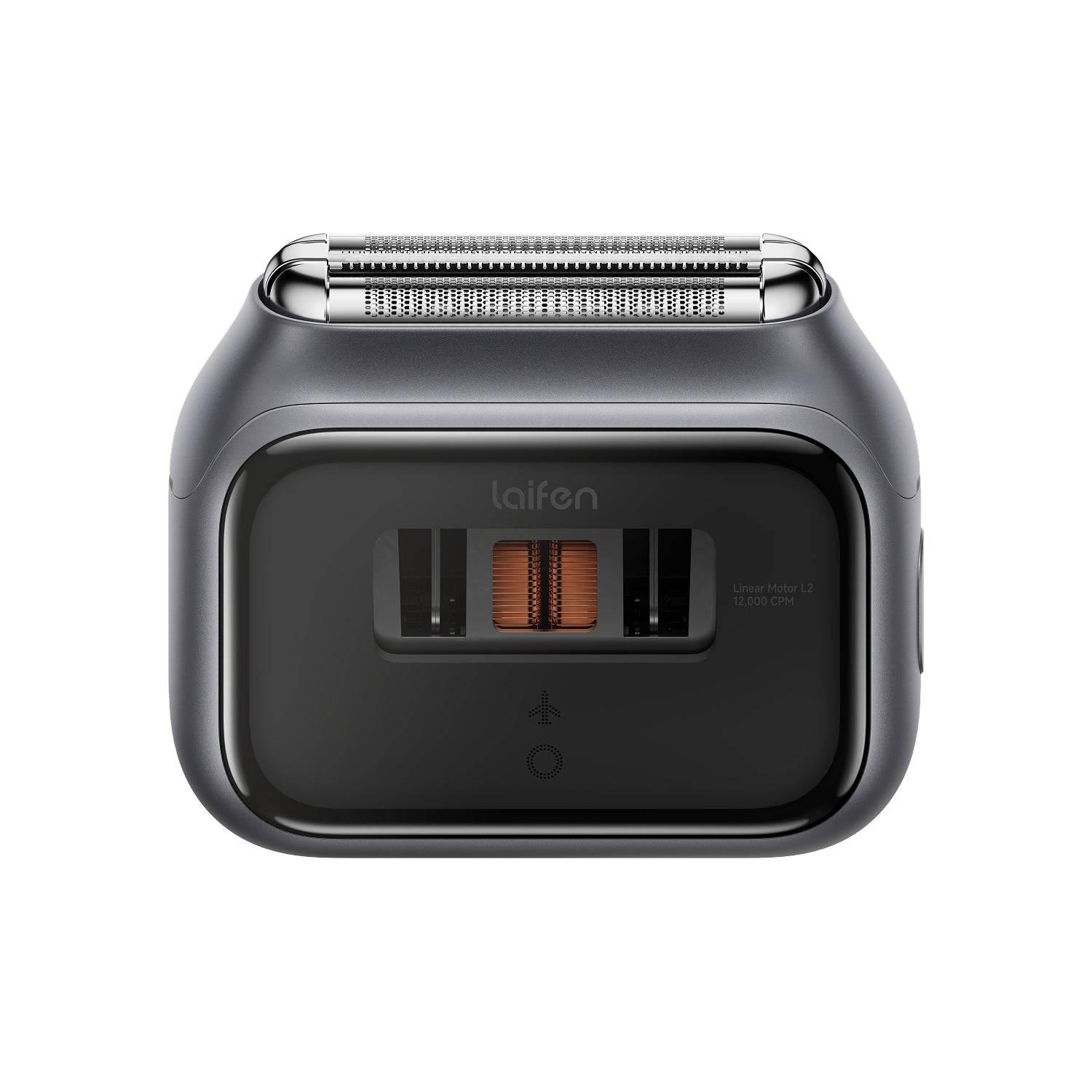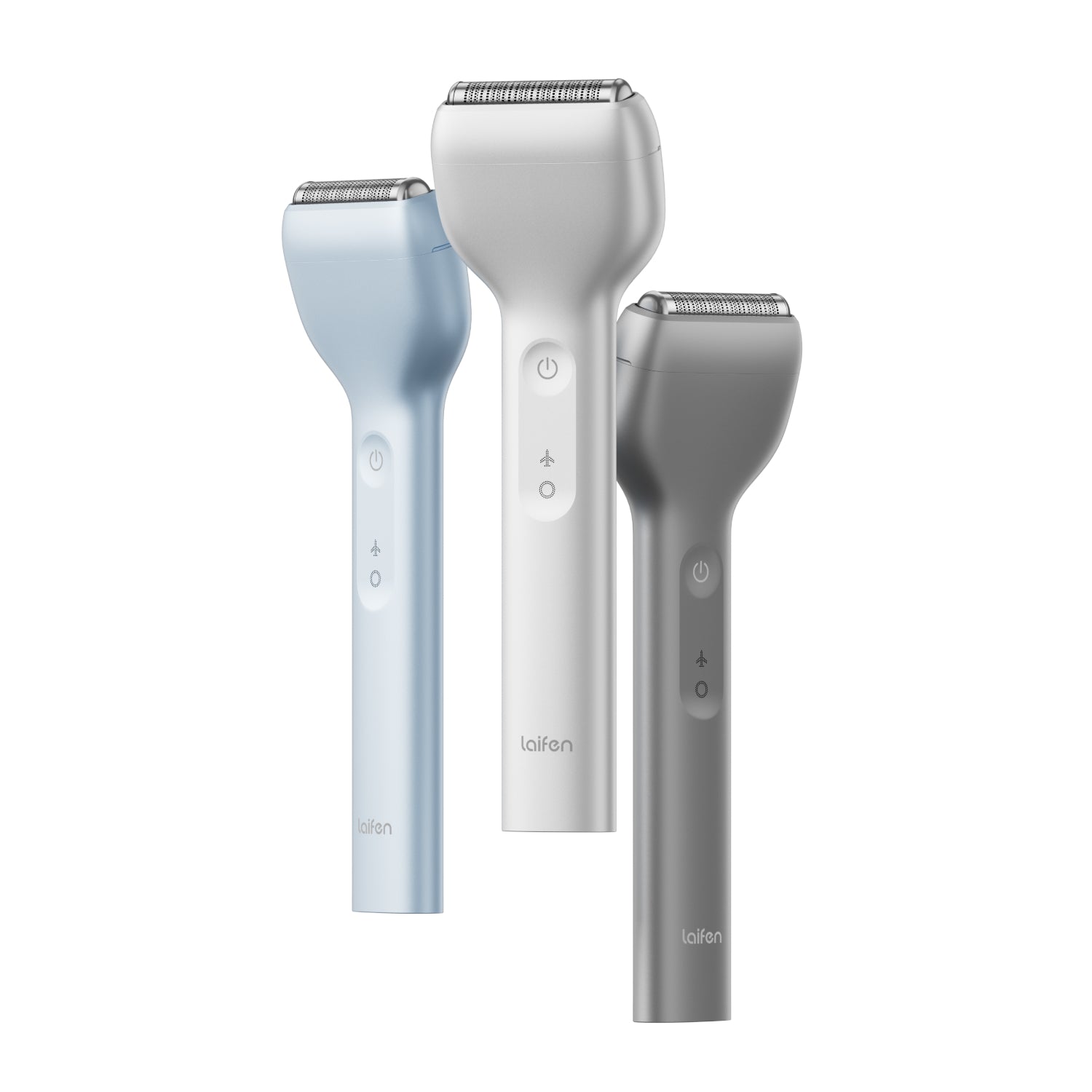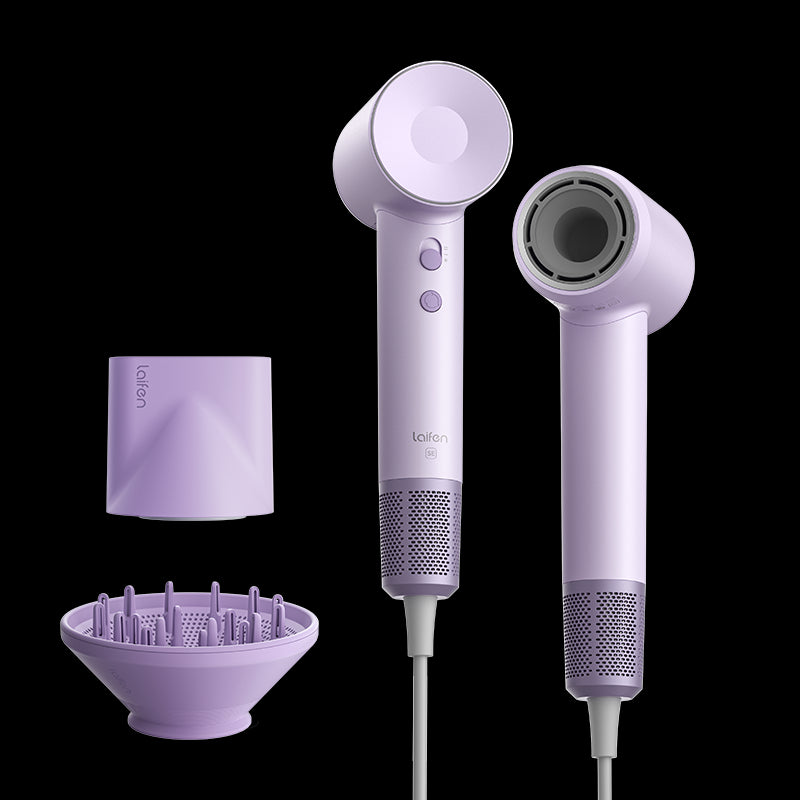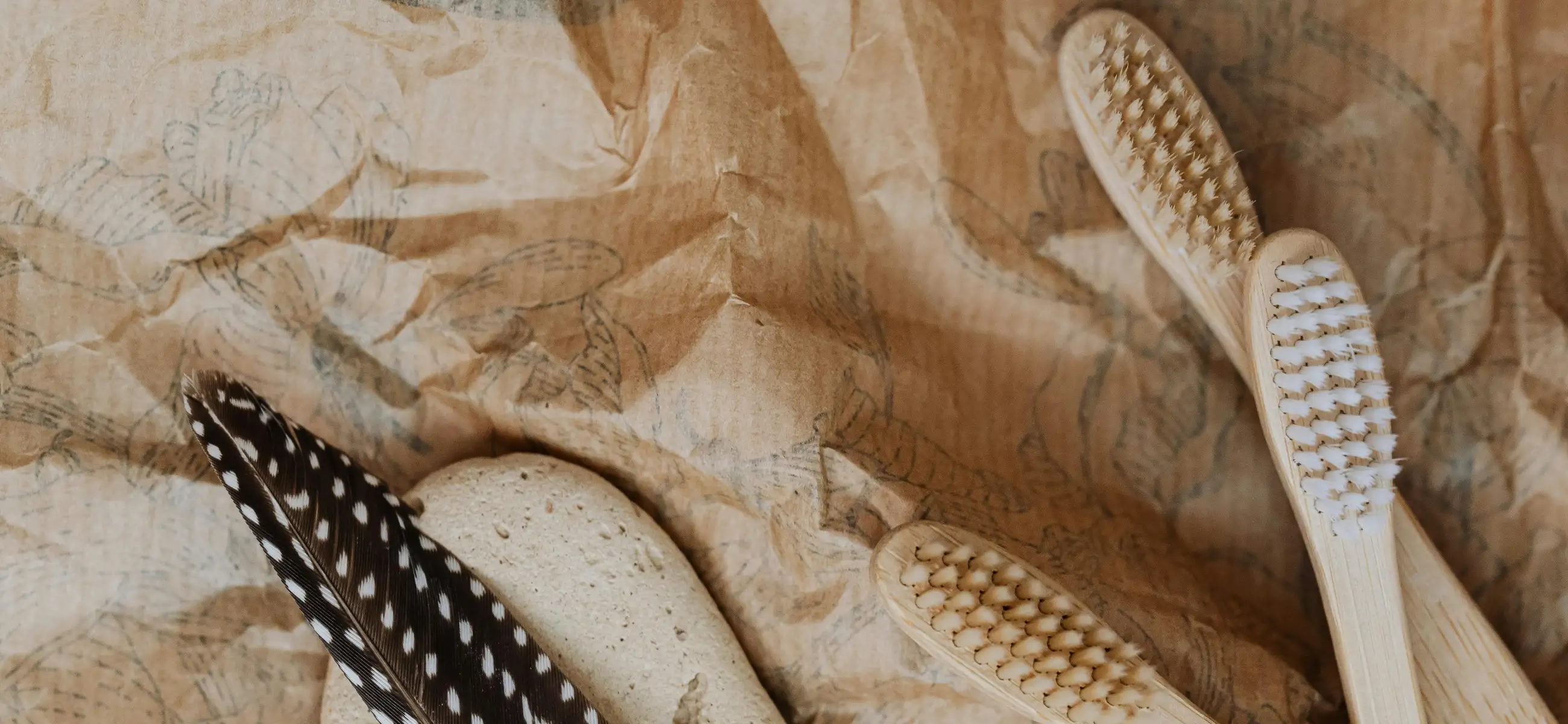
In this article
So many people dread flossing and end up avoiding it, even though it's an extremely important part of maintaining good oral hygiene.
After all, dental floss is sometimes difficult to use and it can cause discomfort or even bleeding between the gums, so it's no surprise that many people don't like it.
[What is a water flosser used for?]
But a viable alternative to dental floss is a water flosser, a device that uses water to remove plaque and bacteria from your teeth. But are water flossers effective?
Here, we introduce you to water flossers and explain what the science says about their efficacy when it comes to looking after your dental hygiene.
What are water flossers?
A water flosser is a device that you can use to remove floss from your teeth. Sometimes known as an oral irrigator, it works by directing a stream of water between your teeth and gums to remove plaque, bacteria, and food debris. When used correctly and consistently, it can improve your dental hygiene.
How do they work?
There are actually four different types of water flossers and they work in slightly different ways:
Cordless flosser
A cordless flosser, usually operated by a battery, is a flexible option that enables you to take it with you on the go (much like an electric toothbrush). Though they're not as powerful as other types of flossers, they can be effective.
Countertop flosser
Often regarded as the flosser that achieves the best results, the countertop option sits on your counter and needs to be plugged into an electrical socket.
Most countertop flossers have an irrigation tank attached, which you need to top up with water.
Shower flosser
This smart option attaches to your showerhead, so you can fix it to your shower before or after you wash your body.
Faucet flosser (tap flosser)
Like the shower flosser, this type plugs into your water source, but at your faucet and not in the shower.
Though each of the flossers has a slightly different design, they all work the same way. They provide a pressurized source of water that you can direct between your teeth to remove plaque and bacteria from your mouth.
The science - how effective are water flossers?
So, are water flossers effective? Several studies have found that water flossers are an effective way to remove plaque and harmful bacteria from your teeth.
For instance, this study found that water flossers are as effective as regular flossing methods when it comes to removing interdental plaque when used once.
Another study into the efficacy of the Waterpik Water Flosser found that it was "significantly more effective" than using a manual brush and string floss to remove plaque from teeth.
Therefore, as the science shows, water flossers can be effective when used consistently, but they shouldn't be used in isolation.
For the very best results, you should combine the use of a water flosser with an electric toothbrush like the Laifen Wave.

The Laifen Wave is the world's first 60-degree oscillation brush that delivers high frequency brushing for improved results. It keeps your teeth sparkly clean, removes plaque, and improves your all round dental hygiene.
When used in conjunction with a water flosser and with an antibacterial mouthwash, it's the best way to maintain excellent dental hygiene.
Are all water flossers equally effective in cleaning your teeth?
The type of water flosser you go for isn't as important as the way that you use it and how often you use it. Each of the flossers can work well, but you need to use your chosen method at least once a day, maintaining a good pressure when using it.
As the studies above show, the Waterpik water flosser is a good option to consider, as it has been scientifically proven to effectively remove plaque from teeth.
Water floss vs dental floss - are water flossers as effective as floss?
As the studies above prove, both water floss and dental floss can be effective when it comes to removing plaque and bacteria from your teeth. So, which is better?
Well, it comes down to your personal preference. We've put together this handy comparison table to help you decide which type of floss to use for your teeth:
|
Water flosser |
Dental floss |
|
Less likely to cause bleeding |
Much cheaper than a water flosser |
|
Much easier to use |
Portable and easy to take with you on the move |
|
Several options available to you (countertop, portable, etc.) |
|
|
Particularly helpful for people who have braces and aligners |
Many people prefer water flossers as using dental floss isn't the easiest thing to do. Some people also experience gum irritation or bleeding when using dental floss, so a water flosser is a good alternative, particularly if you have braces or aligners.
The bottom line - are water flossers effective?
In summary, water flossers are effective. In fact, they are equally as effective as using dental floss, provided that you use them consistently and correctly.
It's recommended that you use a water flosser every day to remove plaque and bacteria from between your teeth, and you should use it in conjunction with an electric toothbrush and an antibacterial mouthwash for the best results.
You should also plan regular trips to the hygienist and your dentist to stave off gum disease and other dental issues that you may experience from time to time.






























